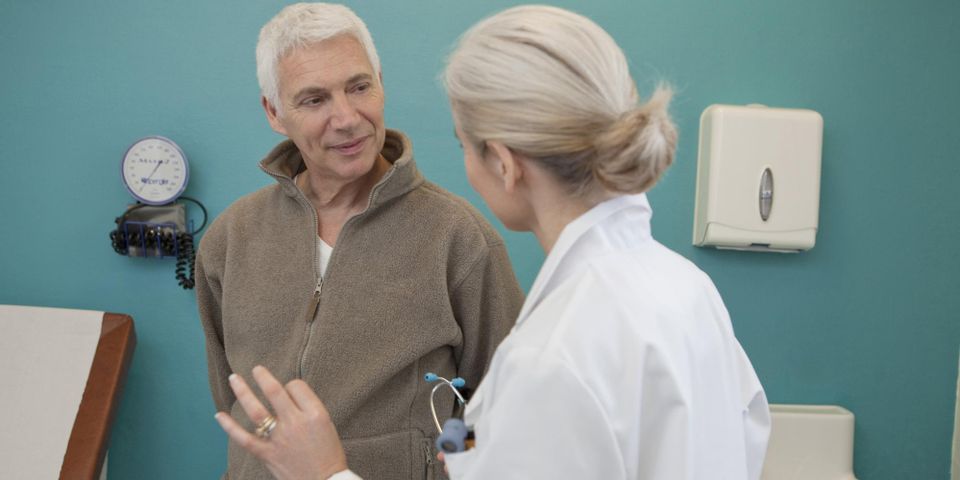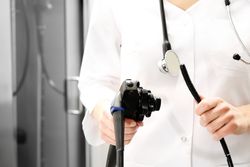What You Need to Know About Colonoscopies

With more than 144,000 new cases expected in the US this year, colorectal cancer is a major health threat that all adults should be aware of. The good news is that while this disease can be life-threatening, treatment can be successful if it is caught early. Since colorectal cancer doesn’t always produce symptoms in its early stages, many people require colonoscopies to detect the issue. If you’re new to the testing process, here are a few frequently asked questions about colonoscopies that you should review.
FAQ About Colonoscopies
Who should get screened?
Since age is a major risk factor for colorectal cancer, all adults between 50 and 75 years of age should get a colonoscopy once every ten years. Your doctor may recommend earlier or more frequent screenings if you have certain risk factors, such as having a family history of the disease. A colonoscopy may also be needed if you exhibit symptoms of colorectal cancer, including unexplained weight loss, abdominal pain, or rectal bleeding.
What happens during a colonoscopy?
 During the screening, your doctor will insert a thin and flexible camera into the anus. The camera will provide a look inside the rectum and throughout the entire length of the colon. Physicians look for abnormal growths, such as polyps or lesions. These growths may be removed for further testing.
During the screening, your doctor will insert a thin and flexible camera into the anus. The camera will provide a look inside the rectum and throughout the entire length of the colon. Physicians look for abnormal growths, such as polyps or lesions. These growths may be removed for further testing.
How do you prepare for a colonoscopy?
For a thorough evaluation, you must fully empty your bowels before the screening. Your doctor will instruct you to follow a special diet, as well as use a laxative or enema to prepare properly. While the screening only takes about 30 to 60 minutes to complete, you should plan on the appointment taking two to three hours. Due to sedation, you should also arrange to take the day off from work and have someone to drive you home.
Are there alternative screening methods for colon cancer?
Colonoscopies are by far the most comprehensive choice for cancer screening, as they allow for the evaluation of the entire colon and rectum. If this testing option isn’t right for you, your oncologist may recommend other screenings—such as stool testing or flexible sigmoidoscopy. However, these methods will often require more frequent testing than standard colonoscopies.
From detection to treatment, navigating cancer care can sometimes be an overwhelming experience. That’s why the compassionate providers at Alaska Oncology & Hematology, LLC are committed to approaching cancer treatment in a way that puts the patient first. Whether addressing colorectal or breast cancer concerns, these oncologists will personalize your care to make sure you feel confident about the process. To learn more about their services, visit this clinic online, or call (907) 279-3155 to schedule an appointment.
About the Business
Have a question? Ask the experts!
Send your question

